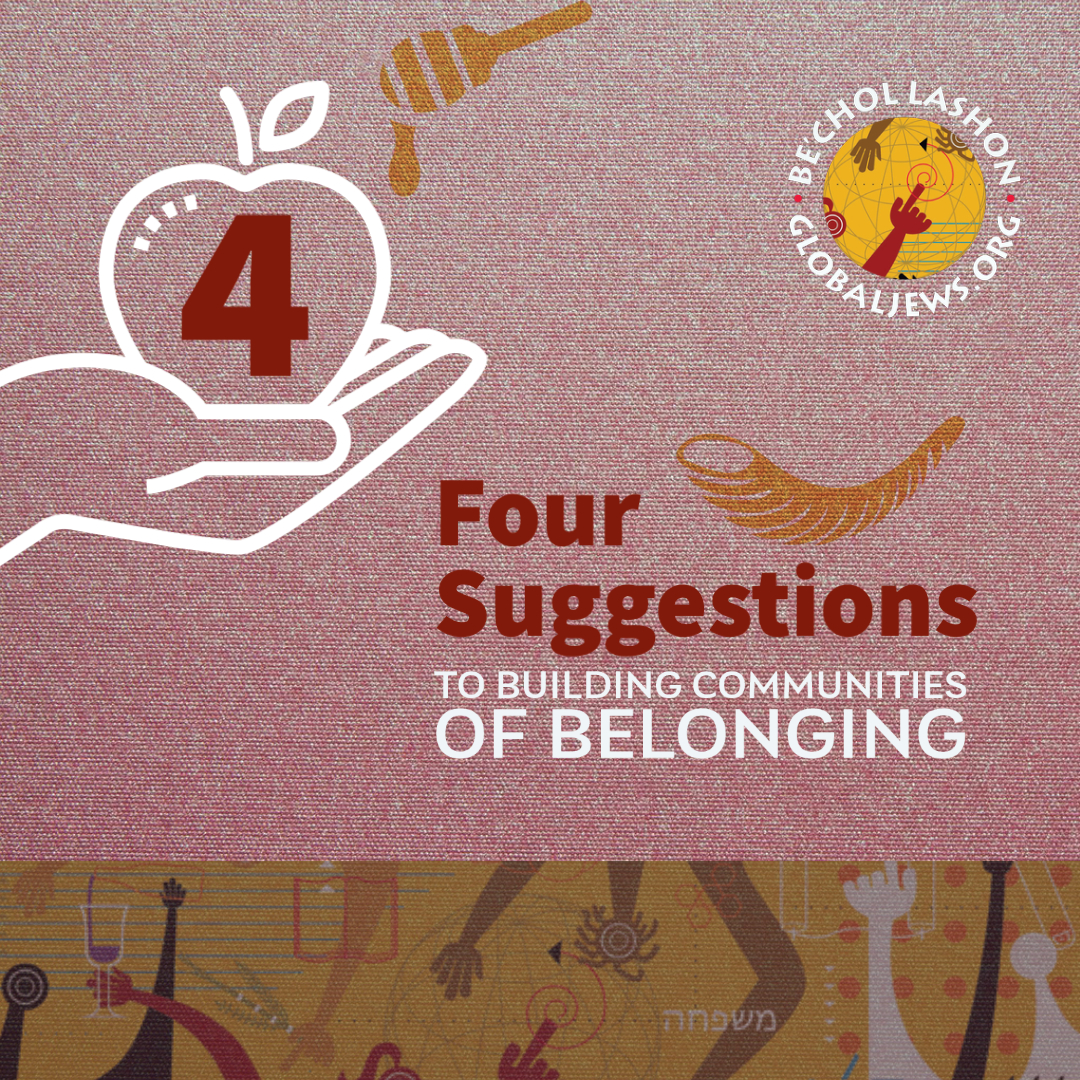Growing up in Southern China, I wasn’t raised Jewish at all. The first time I heard of Rosh Hashanah was in college, at Berkeley Hillel. Working to connect with my Jewish heritage as an adult, the overwhelming number of holidays on the Jewish calendar was a hurdle. For someone who has always struggled to set work aside on special days, navigating so many days that require rest, reflection and brand-new rituals was scary and foreign.
At Hillel, I stumbled through Hanukkah candle-lighting prayers and felt awkward not knowing them. I envied the people who grew up knowing how to ”do Jewish.” It seemed like being Jewish required that I have this competence, this indescribable comfort with holidays and traditions that I didn’t have. I felt that as long as I didn’t know how things worked on holidays, I didn’t qualify as truly Jewish.
This began to change when I attended a Jews of Color-centered Passover Seder in Oakland hosted by Bend the Arc. At this seder, we not only collectively told the story of the Jews’ exodus from Egypt, we incorporated our own multicultural identities onto the seder plate and into our conversations. We replaced the conventional horseradish maror with wasabi, which, as an Asian Jewish person, I was delighted to see. We talked about the meaning of lo dayenu (“it is not enough”), and how this variation on the Passover saying dayenu (“it would have been enough”) applies to our continuous racial justice work in the Jewish community.
The Seder taught me that traditions are not rigid, that each person can create their own way of honoring the intention of Jewish holidays. I also began to realize that for me, Jewish holidays are not about getting the exact rituals right all the time or fluently reciting the Hebrew prayers. More importantly, holidays mark important moments in my ancestors’ struggle and invite me to reflect on how I can use Jewish values to guide my life.

Slosberg, right, attending a Jews of Color Collective event at U.C. Berkeley. (Courtesy)
After this experience, instead of worrying about how I didn’t know the right way to do things, I began to focus on setting my intention. Since Yom Kippur is about repentance and atonement, I would have honored the intention of it by reflecting upon my wrongdoings. And this is exactly what I did last Yom Kippur. I fasted and thought about how I’ve wronged others in my interpersonal relationships.
Honestly, I don’t precisely remember what motivated my decision to fast. A friend texted me asking if I was going to do it, and I just decided I would, and I did. Perhaps it was some way to prove my authenticity, to assuage my insecurity about my lack of observance. I knew vaguely that fasting was the personal vehicle to deep reflection, but I couldn’t quite see the connection until I was doing it myself. In a way, being removed from food meant I momentarily stopped being concerned with my immediate human needs and began to dig deeper into what my soul needed.
As I step into leadership positions in the Jewish community, I still often feel “not Jewish enough” because of my lack of religious knowledge. I will be attending virtual, Jews of Color-led services through Jews in ALL Hues for Rosh Hashanah and Yom Kippur this year and further forming my personal connection to the meaning of those holidays. I am learning to sit with the hesitance that comes with not having a religious upbringing and embracing that the uncertainty and disconnection I feel is a part of my Jewish identity, as it is for many secular Jews of Color or interfaith Jews.







